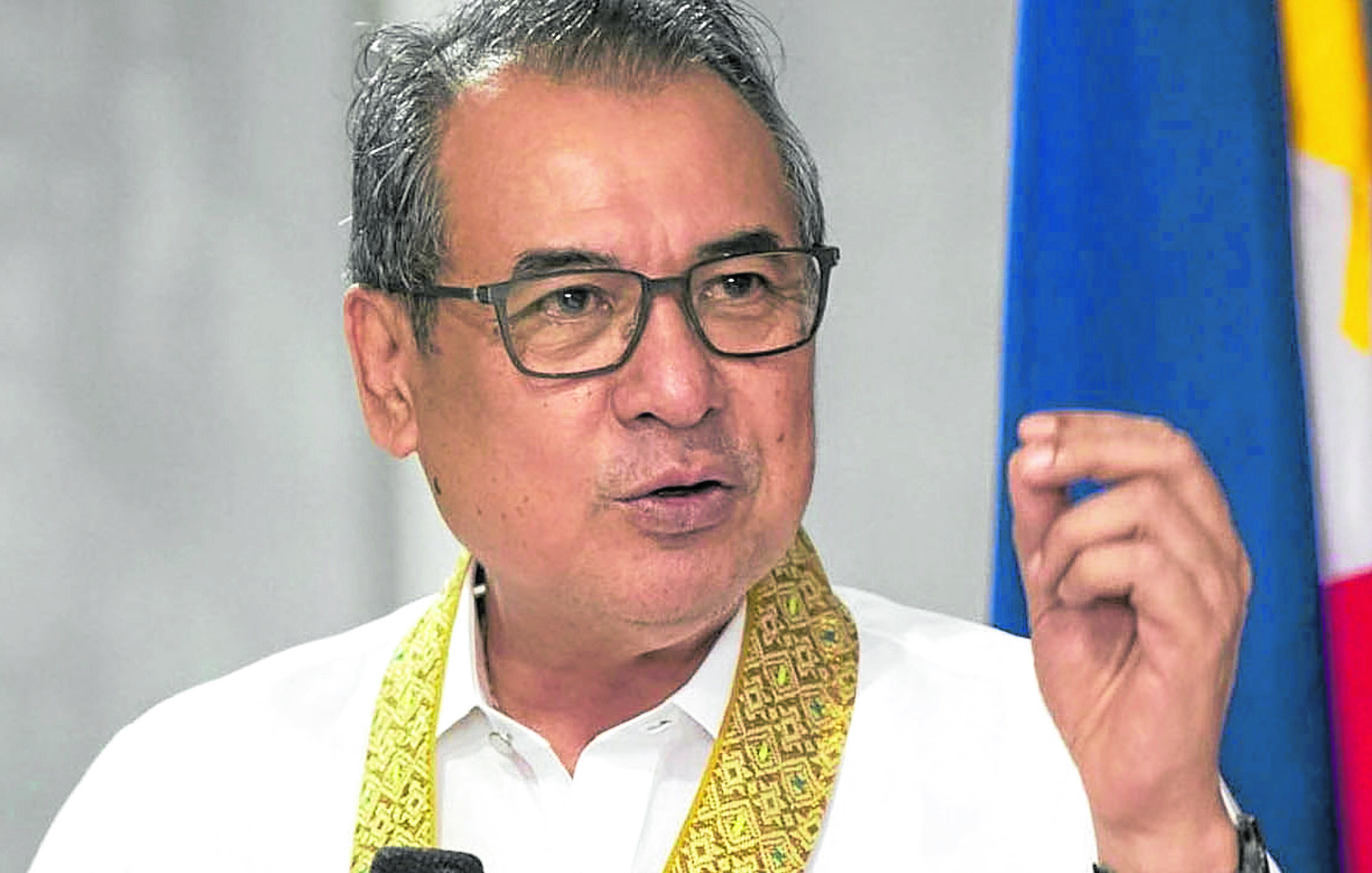AI useful but still not human, says CJ
MANILA, Philippines — Chief Justice Alexander Gesmundo conceded that while artificial intelligence (AI) could enhance judicial processes, it still lacks the essential human qualities necessary for delivering justice.
Speaking before jurists at the ongoing 19th Conference of Chief Justices of Asia and the Pacific in Kuala Lumpur, Gesmundo discussed the opportunities and challenges that AI presents for the efficient delivery of justice.
The biennial conference gathers judiciary leaders from across the Asia-Pacific region to tackle pressing issues facing justice systems, particularly in light of global challenges and technological advancements.
READ: SC eyes use of AI in drafting of decisions
In his presentation, Gesmundo highlighted how the tool can aid judges by streamlining administrative tasks, but maintained that “courts should still be populated with human judges if we are to expect that empathy and compassion would still go into the consideration of granting equitable remedies.”
The Chief Justice also discussed the Philippine Supreme Court’s initiatives under the Strategic Plan for Judicial Innovations 2022-2027, a five-year reform agenda that incorporates AI-driven programs aimed at enhancing efficiency and access to justice.
He pointed to foreign jurisdictions that have successfully integrated AI into court operations for tasks such as examining evidence and preparing case files.
However, Gesmundo warned that AI lacks critical human attributes, such as empathy, ethical discretion and the ability to adapt to societal changes, which are crucial for ensuring justice efficiently, fairly and compassionately.
In discussing the Strategic Plan for Judicial Innovations set by the Supreme Court, Gesmundo stressed that AI should “support judicial efficiency but never replace the human elements of justice.”
